To know more about the mpox virus, we must understand what monkeypox is, how it spreads, and what treatment options are available.
Mpox (Monkeypox) Outbreak – Are Children and Pregnant Women at Risk
Medically Reviewed By
Dr. Sabiha Anjum
(Gynecologist)

The recent cases of Mpox (Monkeypox) have raised concerns, particularly for vulnerable groups such as children and pregnant women. Mpox, a viral zoonotic disease that can spread between animals and humans, typically begins with flu-like symptoms and is followed by a rash that can cause severe discomfort. While most cases have been mild, children and pregnant women may face higher risks of complications due to their unique physiological conditions and developing immune systems. They must take appropriate precautions to avoid possible infections.
What Is Monkeypox?
Monkeypox is a viral infection caused by the monkeypox virus, a member of the Orthopoxvirus genus. It is a highly contagious infection with symptoms similar to smallpox but clinically less severe. The virus is primarily hosted by primates and rodents, such as rats and squirrels, which can transmit the virus to other animals and human beings. The virus typically occurs in the tropical regions of central and west Africa. Unlike smallpox, monkeypox is rare, less painful, and self-limiting (6).
Also Read: Chandipura Virus – How to Protect Your Child!
History of Monkeypox
The first case of monkeypox was reported in 1958, following two outbreaks of pox-like diseases in monkeys—hence the name. However, the first human case was reported in 1970 in the Democratic Republic of Congo during the smallpox infestation drive. Since then, this viral infection has been recorded in humans in neighbouring countries.
Why Did WHO Declare Monkeypox as an “Emergency of International Concern”?
The World Health Organisation (WHO) declared Monkeypox (mpox) a “Public Health Emergency of International Concern” (PHEIC) on August 14, 2024, due to a significant rise in cases, particularly in Africa, and the emergence of a more virulent strain. A PHEIC is the highest level of alert that WHO can issue, and it is designed to coordinate international responses to significant public health threats (7).
The latest outbreak has been driven primarily by a new strain of the virus, Clade 1b, spreading rapidly in the Democratic Republic of the Congo (DRC) and neighbouring countries. As of mid-August 2024, over 15,600 cases and 537 deaths have been reported this year in the DRC alone. This strain has shown a concerning shift in transmission patterns, with increasing evidence of sexual transmission (8). This change in transmission has raised alarms about the potential for the virus to spread more broadly across populations.
Symptoms of Monkeypox
The monkeypox symptoms are similar but milder than smallpox. It usually takes 6 to 13 days to develop mpox symptoms, but the incubation period can range from 5 to 21 days (5).
The symptoms begin with:
- Fever
- Chills
- Muscle aches
- Headache
- Backache
- Exhaustion
- Swollen lymph nodes
Following 1-3 days of fever, the individual typically develops rashes and skin eruptions on the face, which then spread to other parts of the body. These rashes can affect various areas, including the palms, soles, oral mucous membranes, cornea, and genitalia. It’s important to note that monkeypox is a self-limiting infection, with symptoms usually subsiding within 2 to 4 weeks. However, it’s worth noting that the infection may be more severe in children with underlying immune deficiencies.
Since this infection is rare, in severe cases, the fatality rate of clade 1 is about 3.6%, while clade 2 has a fatality rate of less than 0.2% (13).
How Does Monkeypox Spread?
Monkeypox is highly contagious. There are several modes of this viral mpox transmission. An individual may contract the infection by contacting an animal, person, or object contaminated with the virus. The virus can enter the host through mucous membranes (eyes, nose, mouth), abrasions (broken skin), or the respiratory tract (10).
Animal-to-human transmission can happen through:
- A bite or scratch of the infected animal
- direct contact with body fluids or lesion material
- Contact with the contaminated bedding of the infected animal
It can spread between humans through:
- Sharing respiratory droplets of any individual infected with monkeypox, like coughing and sneezing.
- Direct contact with the infected person’s body fluids, lesions, skin blisters, or scabs.
- Indirect contact by touching the infected person’s clothing or bedding.
Complications Associated With Monkeypox
Complications associated with monkeypox can vary in severity. Here are some key ones:
- Pneumonia: Although less common, monkeypox can lead to respiratory complications, including pneumonia, particularly in severe cases or individuals with weakened immune systems.
- Encephalitis: In rare instances, monkeypox can cause brain inflammation, leading to neurological symptoms such as confusion, seizures, or changes in consciousness (11).
- Keratitis: The infection can sometimes affect the eyes, leading to keratitis, which is inflammation of the cornea. If not treated promptly, this can potentially cause vision problems (12).
- Dehydration: Monkeypox can cause gastrointestinal symptoms such as diarrhoea, contributing to dehydration and nutritional imbalances.
- Balanitis: Monkeypox can cause lesions and sores in the genital area, leading to balanitis, which is inflammation of the glans penis.
Treatment for Monkeypox
According to the CDC, there is no safe, proven treatment for monkeypox currently. However, antivirals and vaccines approved for smallpox can be used to treat the symptoms of monkeypox. As this infection can spread through touch, if you happen to contract monkeypox, isolation is necessary (4).
Mpox Vaccination
Since smallpox and monkeypox share similar symptoms, vaccination approved against smallpox, including Imvanex, has demonstrated to effectively provide protection against monkeypox as well.
The World Health Organization (WHO) recommends the use of certain mpox vaccines. These include:
- MVA-BN (also known as JYNNEOS): A newer, safer vaccine for both smallpox and mpox.
- LC16: An attenuated smallpox vaccine used in some regions.
- ACAM2000: An older smallpox vaccine, used when other options are unavailable.
Vaccination is recommended primarily for individuals at high risk, such as those who have had close contact with someone infected with mpox or belong to high-risk groups. Mass vaccination is not currently advised (1).
Monkeypox and Pregnancy
Pregnant women are considered to be at higher risk of severe outcomes from monkeypox (mpox). Although the overall incidence of mpox during pregnancy is low according to the CDC and WHO, pregnant women who contract mpox may experience more severe symptoms compared to non-pregnant individuals. The complications of mpox during pregnancy can include miscarriage, preterm birth, stillbirth, and vertical transmission (9).
How Pregnant Women Can Avoid Getting Mpox:
- Avoid close contact with anyone known to have mpox or with suspected cases.
- Regular hand washing with soap and water or using hand sanitiser containing at least 60% alcohol can help prevent the spread of the virus.
- If contact with infected individuals or contaminated environments cannot be avoided, wearing protective clothing such as masks and gloves can reduce the risk of transmission.
Monkeypox and Children
According to the CDC and WHO, children, especially those under the age of 5, may be at higher risk for severe complications from mpox. Children with mpox may experience skin lesions, high fever, lymphadenopathy (swollen lymph nodes), and general malaise (2).
How to Protect Children from Monkeypox:
To reduce the risk of mpox in children, consider the following precautions:
- Ensure that children avoid close contact with anyone diagnosed with or suspected to have mpox.
- Teach children to wash their hands frequently with soap and water and use hand sanitiser when handwashing is not possible.
- Discourage sharing personal items like towels, bedding, and clothing that could be contaminated.
- Be aware of any signs of mpox in children, such as unexplained rashes, fever, or swollen lymph nodes, and seek medical advice if symptoms develop.
What Should Parents Know About This Virus?
As monkeypox continues to be a global health concern, staying informed and taking simple precautions can help keep your family safe. Here’s what parents should be aware of (3):
- Keep track of any reports of monkeypox cases in your community.
- If you have older children who are in relationships, ensure they are aware of monkeypox and understand how to protect themselves.
- If there’s a local outbreak, consider limiting children’s participation in crowded events or activities that involve close physical contact.
What Can You Do to Prevent It?
Several measures can be undertaken to prevent the contraction of this infection.
Do’s
- Practise good hand and body hygiene regularly when coming from outside.
- Consume meat that is sourced with clean checks and thoroughly cooked.
- Wear masks when going outside, as the respiratory transmission of monkeypox is an option.
Don’ts
- Avoid direct contact with the animals that can easily harbour the virus in the areas where the infection is increasing.
- Avoid direct contact with sick animals and indirect contact with their beddings or other objects.
- Do not come in close contact with people who are sick and may have monkeypox symptoms. Also, don’t share their belongings.
- Avoid bushmeat (meat of wild animals).
Are There Any Cases of Monkeypox Found in India?
There have been no new monkeypox cases in India as of now. The government has implemented measures, including enhanced surveillance at airports and borders, and has prepared labs for early diagnosis. While India has seen around 30 cases since 2022, the last reported case was in March 2024.
Is India at Risk of Monkeypox Outbreak?
India is currently considered to be at low risk for a widespread monkeypox outbreak, according to health officials. The World Health Organization (WHO) has declared monkeypox a global public health emergency, but Indian health authorities believe that the chances of a large outbreak in India are low. This assessment is based on the relatively low number of cases reported in the country so far and the proactive measures implemented to monitor and contain any potential spread.
FAQs
1. What are the symptoms of mpox in children?
The monkeypox symptoms in kids are similar to those in adults, including fever, rash, swollen lymph nodes, and sometimes respiratory symptoms.
2. What are the long-term effects of mpox in children?
While most children recover fully from the mpox, some may experience complications such as secondary bacterial infections, scarring from the mpox rash, or, in rare cases, more severe outcomes like encephalitis. Long-term effects of monkeypox in children are uncommon, but parents should ensure proper medical care during and after the illness to prevent complications.
3. Is vaccination safe for pregnant women and children?
The smallpox vaccine, which offers some protection against mpox, is generally considered safe for non-pregnant adults. However, it may be recommended for children and pregnant women on a case-by-case basis, especially if they are at high risk of exposure. Pregnant women should discuss vaccination with their doctor to make an informed decision.
4. What is the status of the monkeypox vaccine in India?
The monkeypox vaccine in India is generally recommended for individuals at higher risk of contracting the virus. This includes healthcare workers, people who have been in close contact with confirmed monkeypox cases, and those living in areas experiencing outbreaks.
Timely surveillance, preventive measures, and vaccines can help control the outbreak of monkeypox in masses. On an individual level, ensure proper hygiene and wear face masks to avoid any chance of contracting this viral infection.
References/Resources:
1. Mpox; World Health Organization; https://www.who.int/news-room/questions-and-answers/item/mpox
2. Clinical Considerations for Mpox in Children and Adolescents in the U.S.; Centers for Disease Control and Prevention; https://www.cdc.gov/poxvirus/mpox/clinicians/pediatric.html
3. McCarthy. C; Monkeypox: What parents need to know; Harvard Health Publishing; https://www.health.harvard.edu/blog/monkeypox-what-parents-need-to-know-202210062810
4. Rothstein. A; Monkeypox: what parents should know; Children’s Minnesota; https://www.childrensmn.org/2022/08/10/monkeypox-parents-know/
5. Mpox, Signs and Symptoms; Centers for Disease Control and Prevention; https://www.cdc.gov/poxvirus/mpox/symptoms/index.html
6. About Mpox; Centers for Disease Control and Prevention; https://www.cdc.gov/poxvirus/mpox/about/index.html
7. WHO Director-General declares mpox outbreak a public health emergency of international concern; World Health Organization; https://www.who.int/news/item/14-08-2024-who-director-general-declares-mpox-outbreak-a-public-health-emergency-of-international-concern
8. Mpox Declared Public Health Emergency of International Concern. Now What?; Harvard Medical School; https://hms.harvard.edu/news/mpox-declared-public-health-emergency-international-concern-now-what
9. Clinical Considerations for Mpox in People Who are Pregnant or Breastfeeding; Centers for Disease Control and Prevention; https://www.cdc.gov/poxvirus/mpox/clinicians/pregnancy.html
10. Mpox, How It Spreads; Centers for Disease Control and Prevention; https://www.cdc.gov/poxvirus/mpox/if-sick/transmission.html
11. Puccioni-Sohler. M, Oliveira. C. M, Namen. M, Damaso. C. R; Emerging Monkeypox virus and neuroinflammatory disorders; PubMed Central; https://www.ncbi.nlm.nih.gov/pmc/articles/PMC9520061/#
12. Alsarhani. W. K, Chan. C. C, Boyd. S. R, et al.; Monkeypox-Associated Disciform Keratitis; PubMed Central; https://www.ncbi.nlm.nih.gov/pmc/articles/PMC10060039/
13. Fernandes. L; Expert: Here’s What to Know About the MPox Outbreak Emergency; University of California, San Francisco; https://www.ucsf.edu/news/2024/08/428266/expert-heres-what-know-about-mpox-outbreak-emergency#
Also Read:
Chikungunya in Children
Zika Virus Infection in Kids
Rubella (German Measles) in Babies and Kids
Zika Virus in Pregnancy
Torch Infection when Pregnant
CMV (Cytomegalovirus) while Pregnant
Chikungunya Virus Infection during Pregnancy
Was This Article Helpful?
Parenting is a huge responsibility, for you as a caregiver, but also for us as a parenting content platform. We understand that and take our responsibility of creating credible content seriously. FirstCry Parenting articles are written and published only after extensive research using factually sound references to deliver quality content that is accurate, validated by experts, and completely reliable. To understand how we go about creating content that is credible, read our editorial policy here.






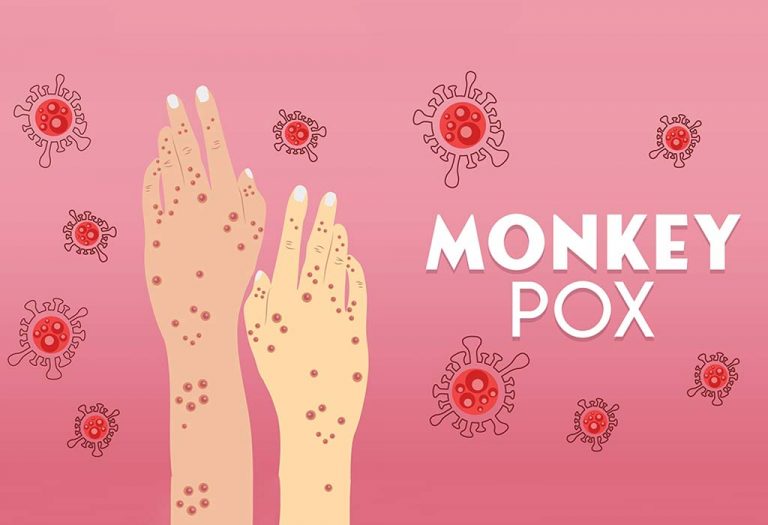
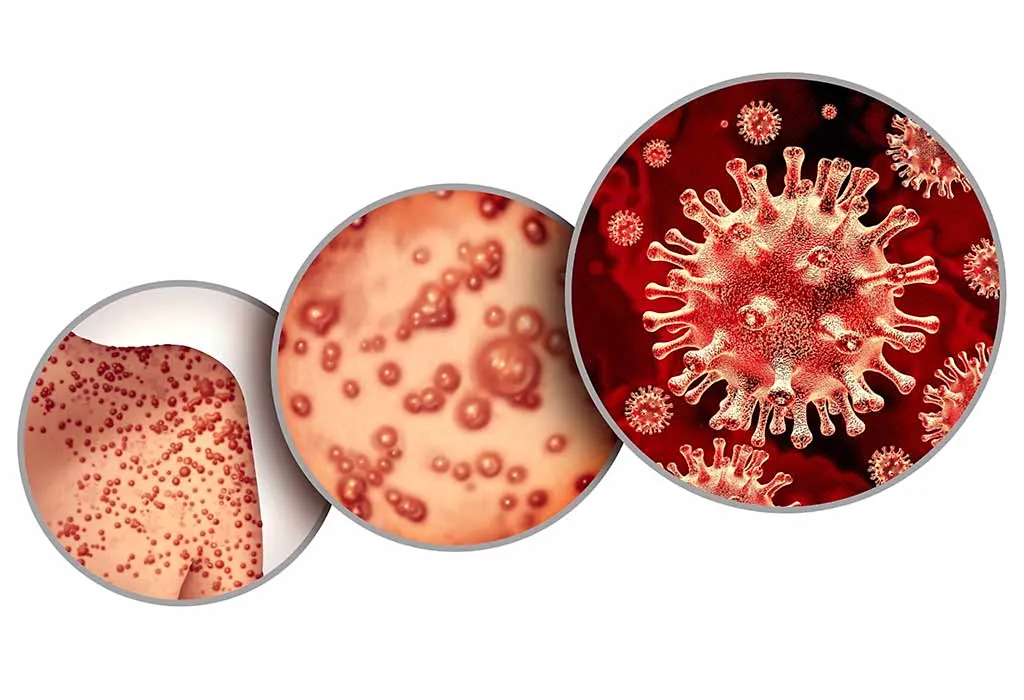
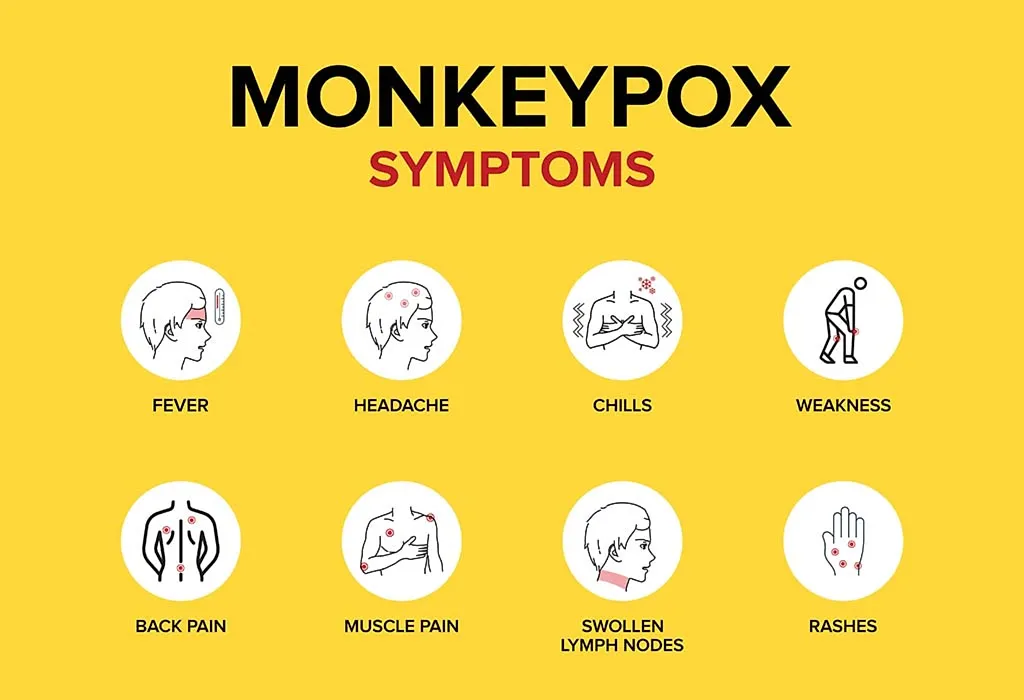


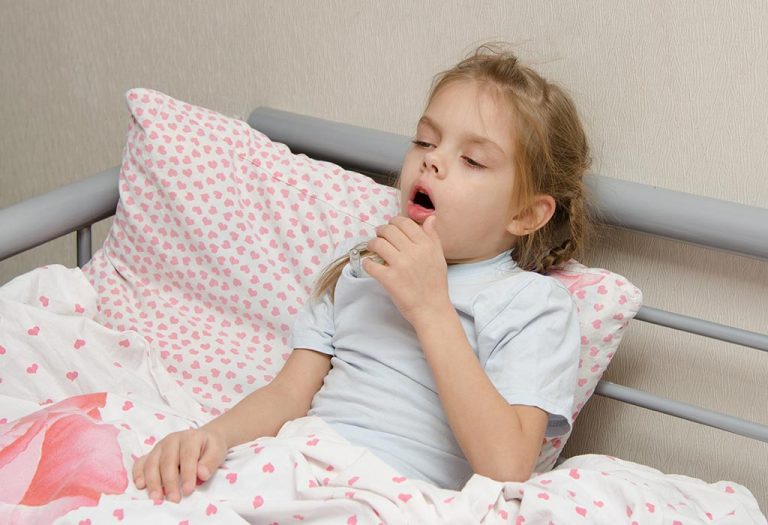
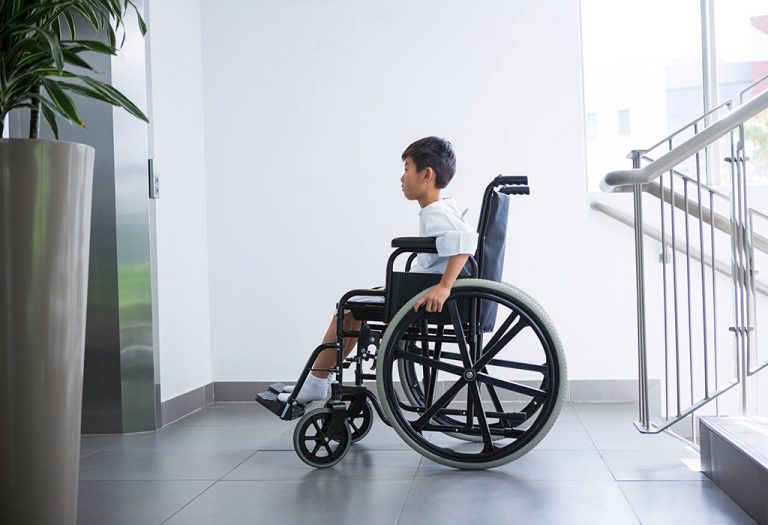

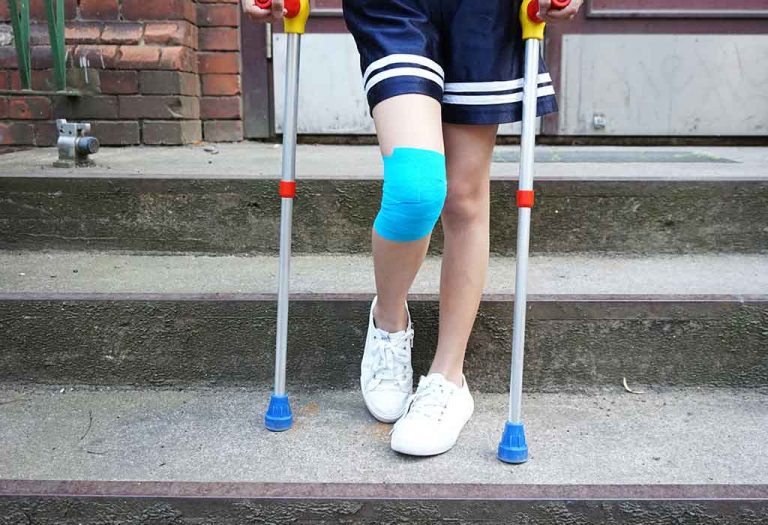

.svg)
















